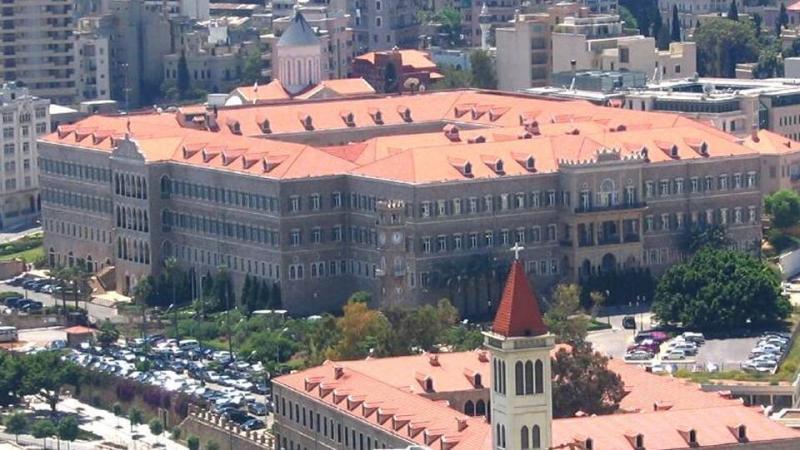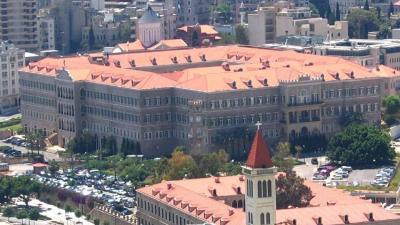After the election of Nabih Berri as president and Elias Bou Saab as vice president, attention turned to the formation of the new government. The matter now rests with the President of the Republic, who is expected to initiate consultations with the new-old Speaker of the Parliament regarding the beginning of mandatory consultations to select a Sunni figure to form the new government. At this point, serious political maneuvering begins, with some advocating for the government to align itself with the Parliament and renew its composition, notably the newly elected members who are affiliated with reformist, sovereign, and anti-Iranian dominance ideologies. Others prefer to wait out the remaining four months of President Michel Aoun's term under the current caretaker government.
A key party in this scenario is the Free Patriotic Movement, which opposes allowing the caretaker government led by Prime Minister Najib Mikati to also handle the affairs of the presidency in the event of a presidential vacancy prior to the election of a successor. This movement seeks to form a new government without Mikati at the helm, with its leader, Gebran Bassil, included among its members and some significant portfolios allocated to the movement to ensure it can manage affairs effectively during this potential presidential void, similar to how it was managed when he was Acting President.
There is a third proposal being discussed regarding the government's fate, reportedly being supported by Hezbollah. This proposal involves the floatation of the caretaker government led by Mikati through a renewal of confidence in it before the new Parliament, which would allow it to regain effectiveness for the upcoming timeframe of the presidential term, returning afterward to caretaker functions, whether governmental or presidential, should electing a president prove impossible.
The rationale behind this proposal is that the remaining time in the presidential term may be wasted in consultations, negotiations, and power-sharing arrangements without reaching a new government which would only last for less than four months. This floatation process would allow the trio of Hezbollah, Amal, and the Free Patriotic Movement to maintain their influence over the government, distancing themselves from the reformists and sovereign parties. Similarly, the lack of unified positions among the new parliamentarians regarding the vice presidency has allowed the trio to retain control over the legislative machinery. Additionally, floatation prevents the opening of the issue regarding the formulation of the ministerial statement that Hezbollah insists must include its “sacred trinity”: people, army, and resistance.
According to information from "Anbaa," the presidential team and Bassil oppose the floatation, firstly because it keeps Bassil out of direct governmental decision-making, and secondly, more importantly, because the relationship between Bassil and possibly President Aoun with Prime Minister Mikati is strained. This is evidenced by the recent refusal of Interior Minister Bassam Mawlawi to sign decrees naturalizing more wealthy Arab Syrians and Iraqis at Mikati's request.
Former Prime Minister Fouad Siniora believes that the most effective solution to the governmental stalemate would be to hold early presidential elections before the four-month period leading up to President Aoun's term ends, emphasizing that this timeframe is not long, recalling the election of the late President Elias Sarkis a few months before the end of the late President Suleiman Frangieh’s term (five months).




